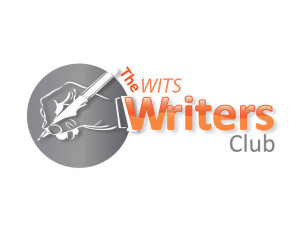WITS Writing Centre is pleased to announce a 4-session series of workshops with David Chislett. David has published 6 books since 2001, both through publishers and independently. In this 4-week programme with WITS Writing Centre he shares his knowledge and experience in a series of 2-hour sessions.
The 4 sessions run from 4pm to 6pm as follows:
March 19 Basic intro to Creative writing: where does it come from?
April 9 Planning a book… some structural tips
April 16 Dealing with Publishers: Where are you at?
April 23 Marketing yourself as an independent
The series of seminars will run on Tuesday evenings from 16:00 to 18:00 at the WITS Writing Centre, Ground Floor, The Waternweiler Library, WITS East Campus. Attendance of the seminars is FREE but seating is limited. To pre-book your place please email a sample of your work to Pamela.Nichols@wits.ac.za and we will respond with a seat confirmation
“The sessions are not intended as writing master-classes per se,†Explained David of the events, “But rather to help equip writers with structural and procedural know-how that will help them leverage their writing by understanding their own processes and the way the industry works.â€
Issues covered will include:
• So I have an idea, where do I start writing?
• How do I approach a publisher?
• I am good, but nobody knows my work
• How can I tap into my creativity to write more consistently?
• How do I know where to take my story next?
David won the Ernst Van Heerden Prize for creative writing in 1998 and began his career in publishing in 2001 with the release of Urban 1, a collection of short stories for previously unpublished writers that he compiled and contributed to. This series ran to 3 volumes before being discontinued. Then in 2009 he released his debut solo volume of short fiction entitled, A Body Remembered. In 2010, the music industry textbook, 1,2,1,2: A Step By Step Guide To The SA Music Industry and in 2012, For You Or Someone Like You, his debut collection of poetry.
In addition, Chislett has worked in all facets of the South African media and ran his own PR agency for four years. In these sessions he combines his craft and practice in writing with his knowledge and experience in marketing, publishing and creativity to bring a 4 part series of sessions together that will equip any aspiring writer to not only write better but also to navigate the challenges that come before and after writing.
Attendance is not limited to students and is open to the public and is FREE but seating is limited. Please pre-book your place by sending an email with your query and a sample of your work to Pamela.Nichols@wits.ac.za and we will respond with a seat confirmation.



